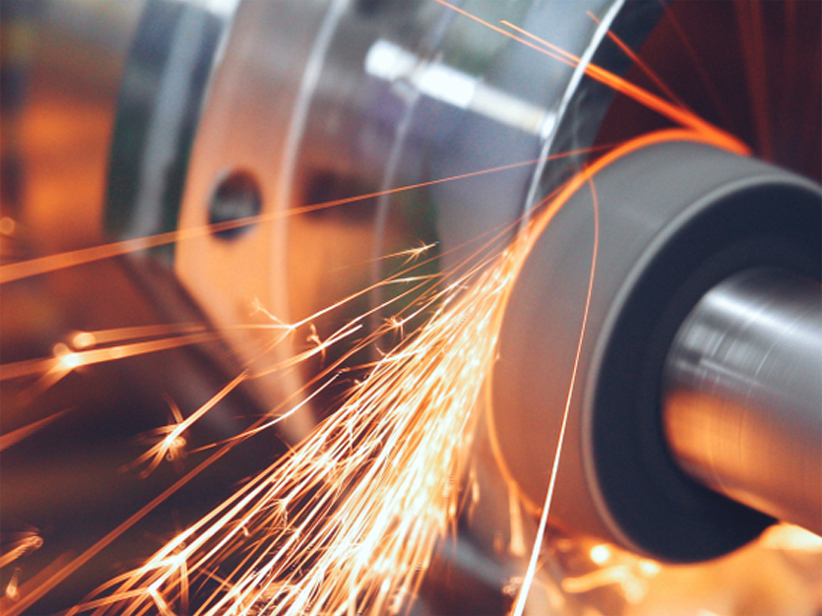Description
4130M / 1.7218 is a low alloy steel known for its excellent strength-to-weight ratio and versatility in various applications. It is often used in the manufacture of high-stress components due to its good toughness and ductility.
Chemical Composition
The typical chemical composition of 4130M is as follows:
Carbon (C): 0.28 - 0.33%
Manganese (Mn): 0.60 - 0.90%
Phosphorus (P): ≤ 0.035%
Sulfur (S): ≤ 0.040%
Silicon (Si): 0.15 - 0.40%
Chromium (Cr)0.80 - 1.10%
Molybdenum (Mo):0.15 - 0.25%
Mechanical Properties
The mechanical properties of 4130M can vary based on heat treatment but generally include:
Tensile Strength: 620 - 850 MPa
Yield Strength: 350 - 470 MPa
Elongation: 20 - 25%
Hardness: 28 - 32 HRC (as quenched)
Thermal & Physical Properties
Density:7.85 g/cm³
Melting Point: Approximately 1425°C (2600°F)
Thermal Conductivity: 43 W/m•K
Specific Heat:490 J/kg•K
Other Designations
4130M is also known by several other designations, including:
DIN: 4130
AISI Number: 4130
ASTM: A29
1.7218 Fabrication and Heat Treatment
4130M can be fabricated through various methods, including:
Welding:Suitable for welding using standard techniques.
Machining: Can be machined using conventional methods.
Heat Treatment: Common heat treatment processes include:
Annealing:843 - 871°C (1550 - 1600°F) followed by slow cooling.
Quenching: Heating to 850 - 870°C (1560 - 1600°F) followed by quenching in oil or water.
Tempering: Heating to 850 - 870°C (1560 - 1600°F) followed by quenching in oil or water.
Applications
4130M is widely used in various industries, including:
Aerospace: Aircraft components, landing gear.
Automotive: High-performance vehicles, chassis components.
Oil & Gas:Drill bits, tubing.
Motorsport: Machinery parts, structural components.
Supplied Forms
4130M is available in various forms, including:
Bars
Features
High strength and toughness.
Good weldability and machinability.
Excellent fatigue resistance.
DIN Number
The DIN equivalent for 4130M is 1.7218.
This datasheet provides a comprehensive overview of the 4130M grade, highlighting its properties, applications, and specifications essential for engineers and designers in material selection and application.






